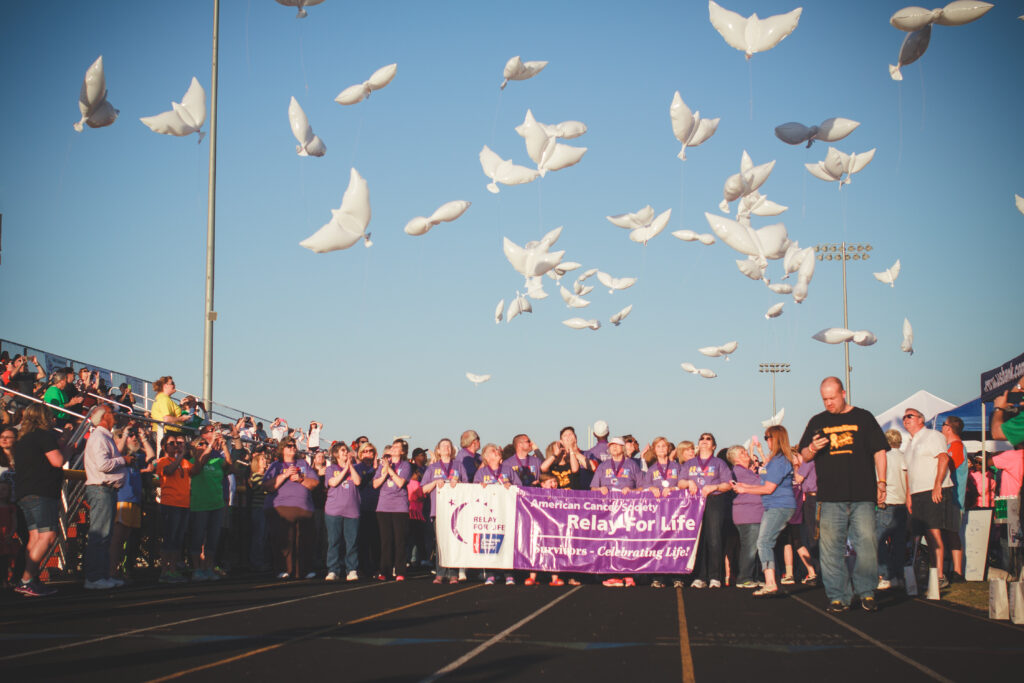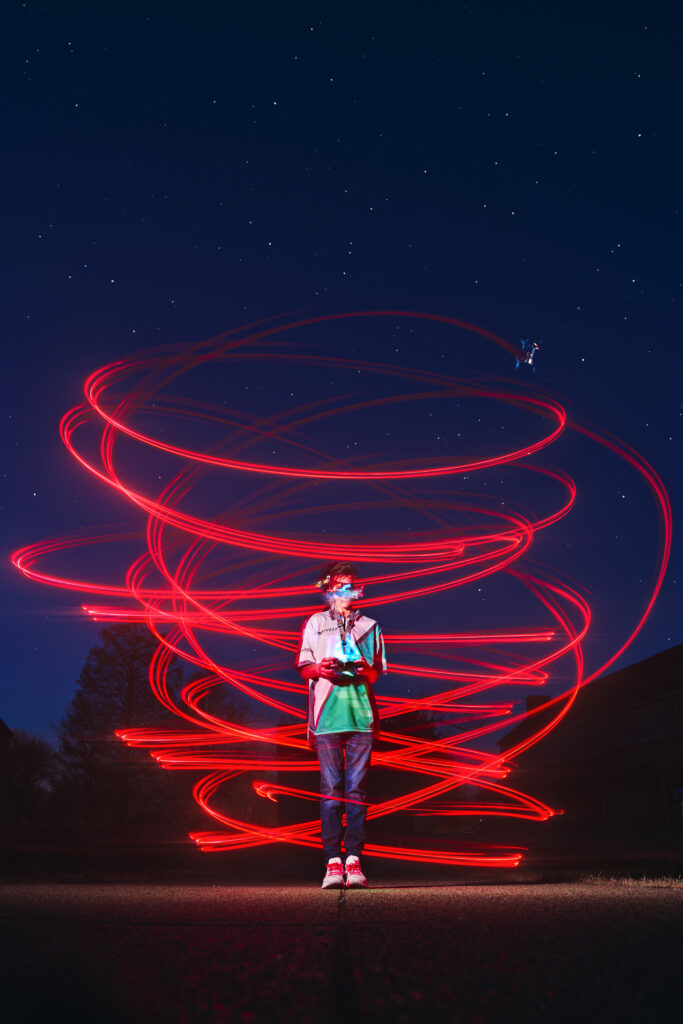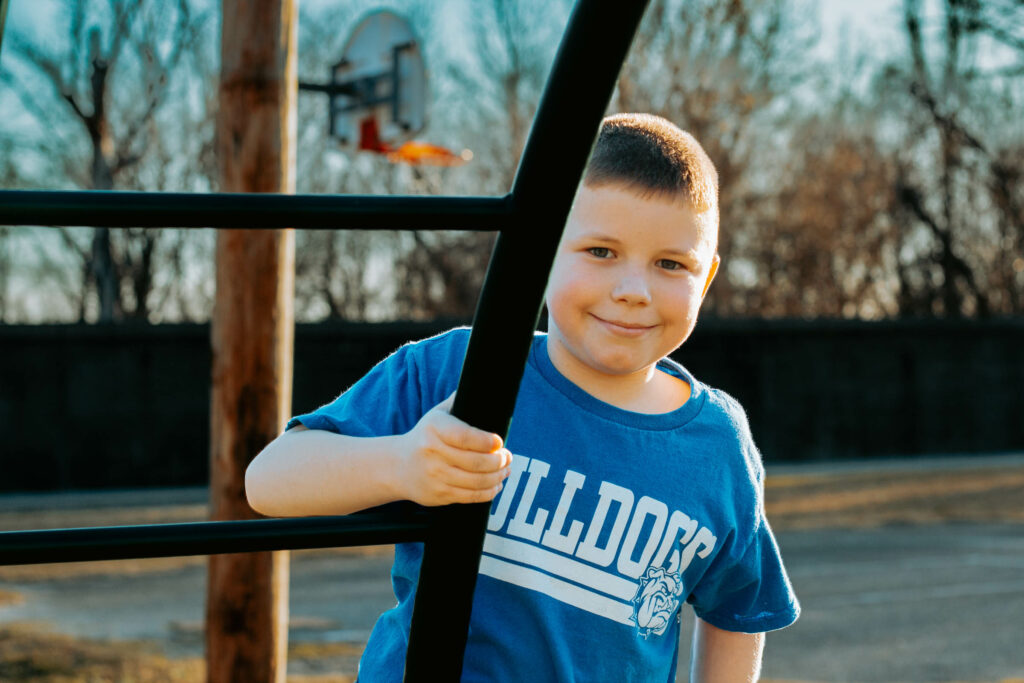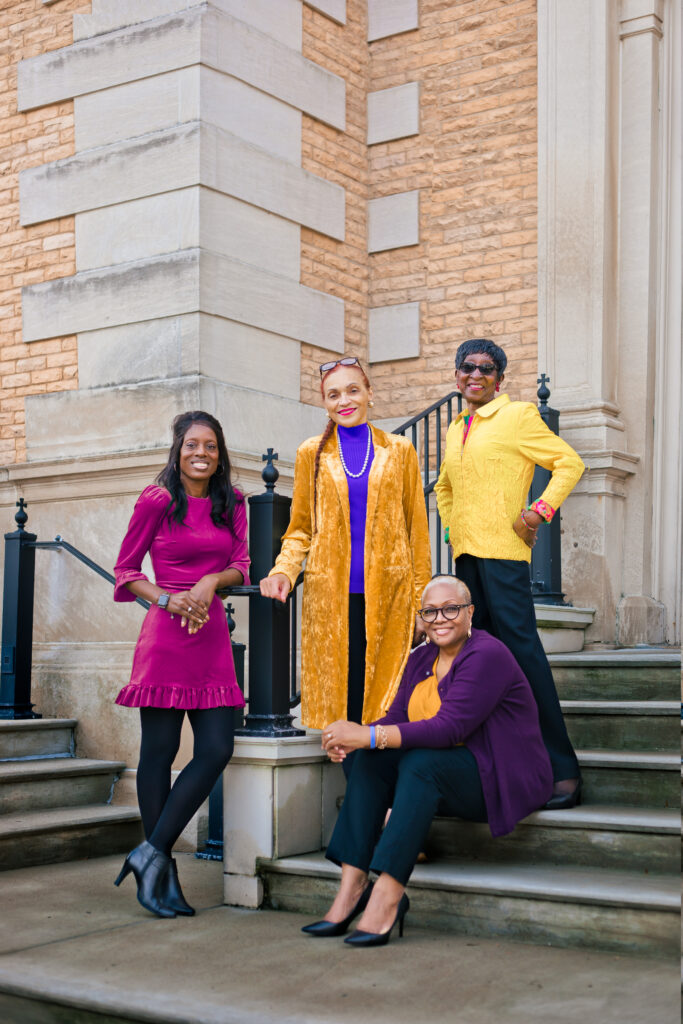A year ago, Scottie Anderson and Malcolm James sat side-by-side in a local jail cell.
Nearly 15 years ago, Anderson, 32, and James, 30, met during church league basketball in Marshall County, where they battled as rivals and transformed into the best and worst of friends. Best when their lives went well; worst when their lives spiraled out of control with drug addiction. Their addictions began with a prescription pain pill, then two, then three, then six, and then heroin. Alcohol. Marijuana. Meth.
“At first, it’s one of those things like, ‘No, I’m not going to do that (heroin),’” James said. “And, you know, after the first time, it was better than any pill high in my head.”
Anderson said he remembered thinking he would never try heroin, yet he did. “It just turns you into a monster,” he said.
At one point in their addiction journey, they lived in a car and survived off fruit snacks for two days straight. As their addiction progressed, they found themselves in trouble with the law with trafficking charges for heroin and methamphetamine. And then they helped other family members go down the same destructive path of addiction that they had traveled off and on for the past decade.
Yet, the moment they hit their lowest of lows came in that jail cell. Anderson had known for months that he wanted to take back control of his life and had repeatedly asked a local judge to send him to Lifeline Recovery Center, a nonprofit treatment center in Paducah, but James had tried to keep running away from the judge’s insistence that he had to seek rehabilitation. To James, going to rehab didn’t seem like the answer while Anderson begged for the chance to turn his life around.
TURNING THEIR LIVES AROUND
They both entered Lifeline Recovery Center’s nine-month residential faith-based treatment program on Jan. 5, 2021.
“At 7 o’clock that morning, me and Malcom woke up,” Anderson recalled. “He’s getting stuff ready. His family comes and gets him. My family comes and gets me, and I walk out at 11 o’clock. We both arrived at Lifeline, and that’s when our lives started changing beyond our wildest dreams.”
Lifeline Recovery Center began as Paducah Lifeline Ministries for men in 2004 and added Ladies Living Free in 2007. The two groups merged with a new name of Lifeline Recovery Center in July 2020. The center offers a nine-month faith-based recovery program that includes structured lifestyle changes, counseling, Bible study, and job training.
Divided into three phases, the program helps men and women who have battled addiction get their lives back. During the first phase, participants take about 13 classes a week, attend church three times a week and participate in volunteer work, said Ashley Miller, executive director. In the second phase, they get a job in the community and attend classes at night, and by the third phase, participants can elect to return to their homes, continue working but must participate in meetings, church services, and submit to random drug screenings. Some participants elect to live in transitional housing at the center during the final phase.
Once Anderson and James arrived at Lifeline, they set their minds to beating their addiction monsters for good.
“It helped that I had a best friend here who was just as motivated as I was,” Anderson said. “And you know, we sat in class right next to each other. We sat in the front of every class. We took notes. And you know, we did it. We got baptized together. I could go on and on with some of the things that happened between us that I’ll never forget. And that’s what makes me value our friendship that much more.”
At the end of October, they graduated with 37 other men and women. Their journey didn’t stop the moment they earned their certificate.
For these two men, the opportunities they received at Lifeline gave them the new outlook on life that they had needed since they were teens, and they want others to have that same opportunity.
Miller, herself a graduate of the program, calls them her poster children. She said she can spot the participants who will succeed, and these two had that determination.
“They were hungry. They were eager. They were asking questions,” Miller said. “I mean, there wasn’t a class or a day that went by that they didn’t ask questions. Like they really wanted to understand and gain the tools in order to not have to go back to that lifestyle.”
Anderson said the treatment plan wasn’t easy. His mother died from cancer 60 days after he and James got baptized, and James refused to let his friend down. He helped with funeral expenses, and he was there by Anderson’s side through every moment. They attended their classes together, studied their Bibles together, and took breaks from their cell phones on Sundays together.
“Our relationship with Christ grew stronger than we ever thought it was going to,” Anderson said. “Now I know how to deal with the loss of my mother in an appropriate way.”
As they progressed through the program and graduated, they remained committed to helping other men, whom they affectionately called their brothers, to beat their addiction and to thrive as they have. When they see someone sitting alone in a corner at Lifeline, they go up to him and start talking to them. Anderson said some of these men have forgotten what it’s like to have love and friendship.
“We’re going to tell you that we love you,” he said. “We’re going to pray with you.”
GIVING BACK
As the two men grew in their recovery, they began wanting to give back and help pull others along. The Faith Center asked the two men to speak during a Matt 25 outreach event, and they led the prayer. “We got to thank the church and community for everything, and just for believing in people from Lifeline,” Anderson said.
They participated in an overdose awareness event to represent Lifeline, and they led classes on Monday nights for those in the first phase of Lifeline.
“We didn’t want to be the guys that just came here and did the programming and went home,” James said. “If 20 guys come in, and we’ll say 10 make it through, which is a good number, about half of them are usually going to fall off. We wanted to make a difference in those ten and show them that if you do something different, you’ll get something different. We want to stay involved. Just because you get released from Lifeline, that doesn’t mean that you have to go back in (to what you were doing). These nine months changed your life. You have to keep working at it.”
Their treatment program helped them get involved with Grace Fellowship Church. While visiting the church one day, they noticed several beat-up ping pong tables in a building, and their competitive nature, born on the Marshall County church league basketball courts a decade and a half ago, bubbled up. One conversation led to another, and soon Anderson had suggested some ping pong games for a fundraiser to benefit Toys for Tots.
“We’ve been those kids that if it wasn’t for Toys for Tots, we wouldn’t have had Christmas that year,” Anderson said. “So that particular fundraiser has ultimately affected our childhood.”
Anderson points to God as the driver for the success of the fundraiser. Donations began trickling in as word-of-mouth spread through the church and through Lifeline, and once Anderson mentioned the ping pong tournament to local businesses, more donations poured in. The event, which included a gospel message, attracted more than 100 people and raised more than $5,000 in cash donations and toys.
“There were so many toys in the corner that we had to start moving stuff out of the way,” Anderson said. “Every person that came in, they didn’t come in with just one toy; they came in with a whole grocery sack full.”
Miller said she immediately pledged her support when they told her about the fundraiser. “You know, they’re going to bless so many children when it comes to Christmas,” she said.
Besides raising money and toys, the men also secured a donation of 480 children’s Bibles to hand out with the toys.
“It just shows you that when you get some people on the same page, and when you put God at the foundation, your expectations will be blown away every single time,” Anderson said.
Barry Bryan, the local coordinator for Toys for Tots, said he appreciated their effort and a successful fundraiser. “Scott’s and his friend’s enthusiasm is very refreshing to have,” Bryan said.
Anderson and James hope their fundraiser can become an annual event.
But their work won’t stop with just one fundraiser or just one class to help pull other men along. They want to continue their work, their ministry to help other men beat the monsters that haunted them through their youth.
“If I really sit back and start thinking about it, a year ago, we were two guys sitting in jail with trafficking charges,” Anderson said. “We didn’t just get caught with possession; we were the guys who were selling drugs. And now, all the things that are happening in our lives it’s just crazy.
“And you know, it just shows that it doesn’t matter where you come from. It doesn’t matter what you’ve been through or your social standing or how much money you make, or if you’re Black or white or whatever. The thing is that it shows you as humans that we love each other.”






